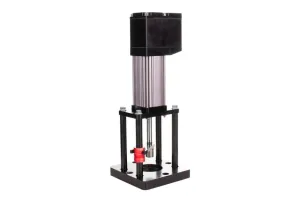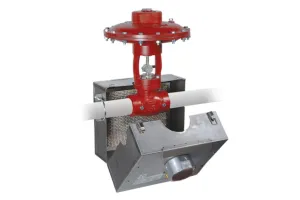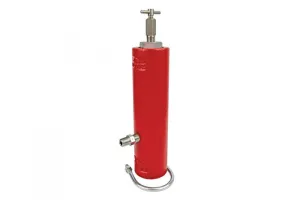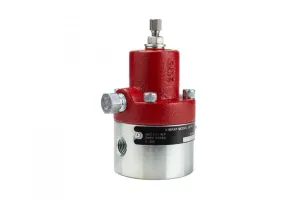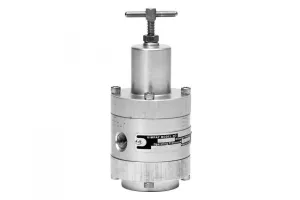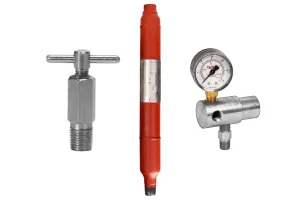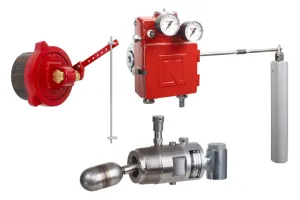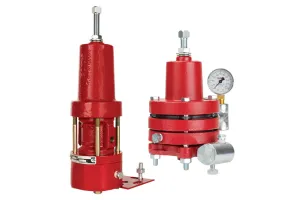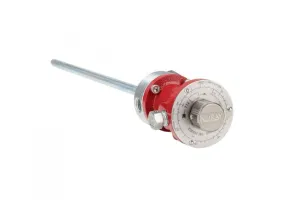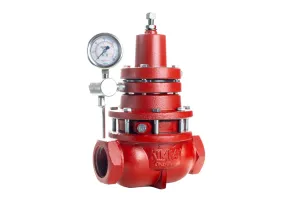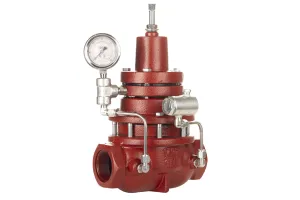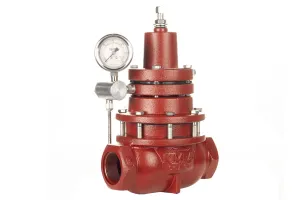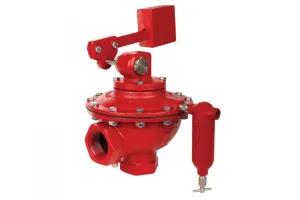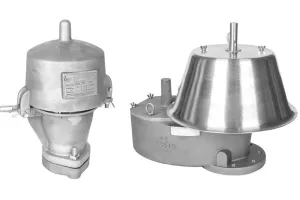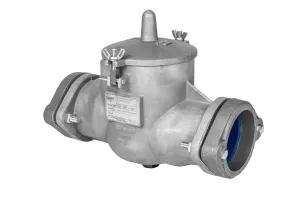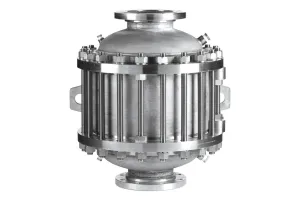The Joule-Thomson Effect, also referred to as the JT effect, is an important concept that can negatively affect oil and gas production if not accounted for.
Discovered by British physicists in the 19th century, this principle states that when the pressure of a gas changes, its temperature also changes.
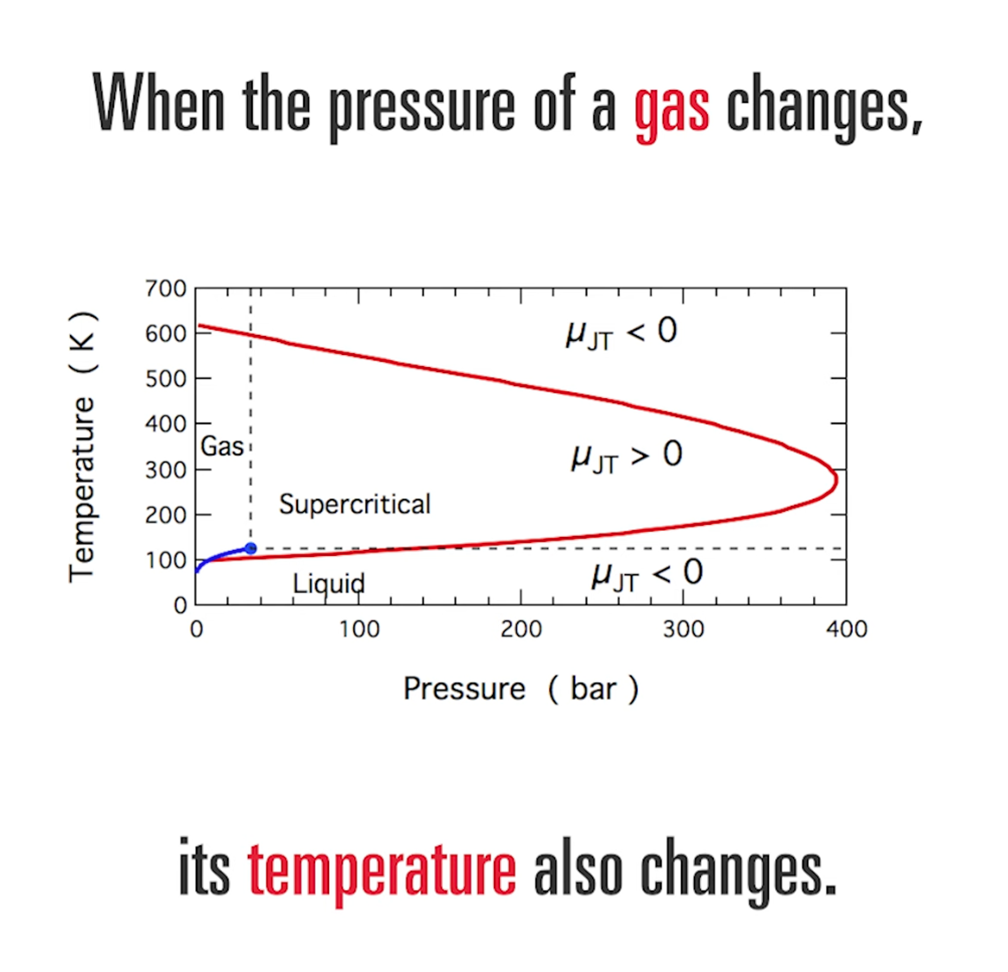
In natural gas production, this means that when you reduce gas pressure across a control valve or pressure reducing regulator, you also reduce its temperature.
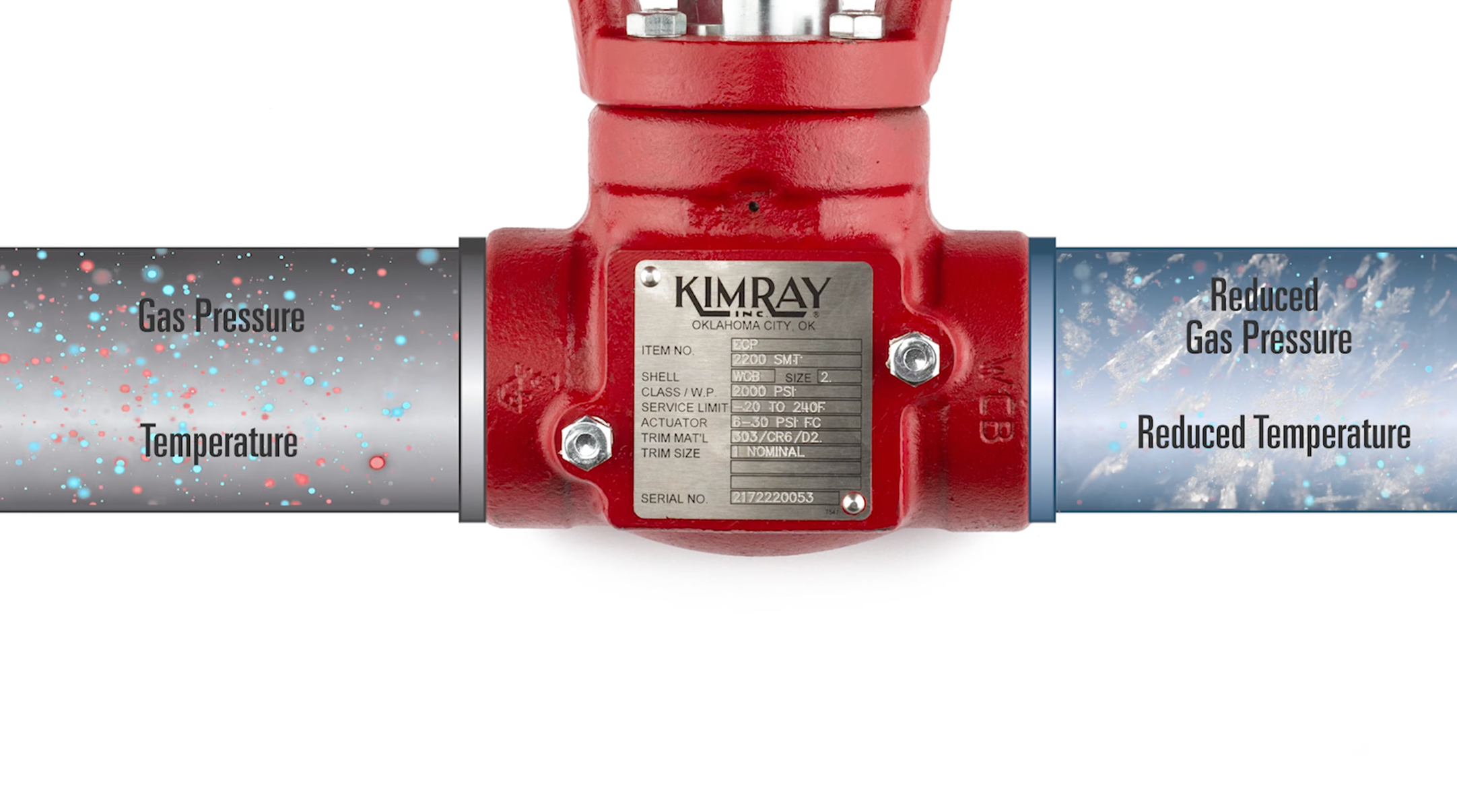
Joule-Thomson Effect Formula
According to the Joule Thomson Effect, a 100 psi pressure drop results in a temperature drop of 6-8 degrees Fahrenheit.
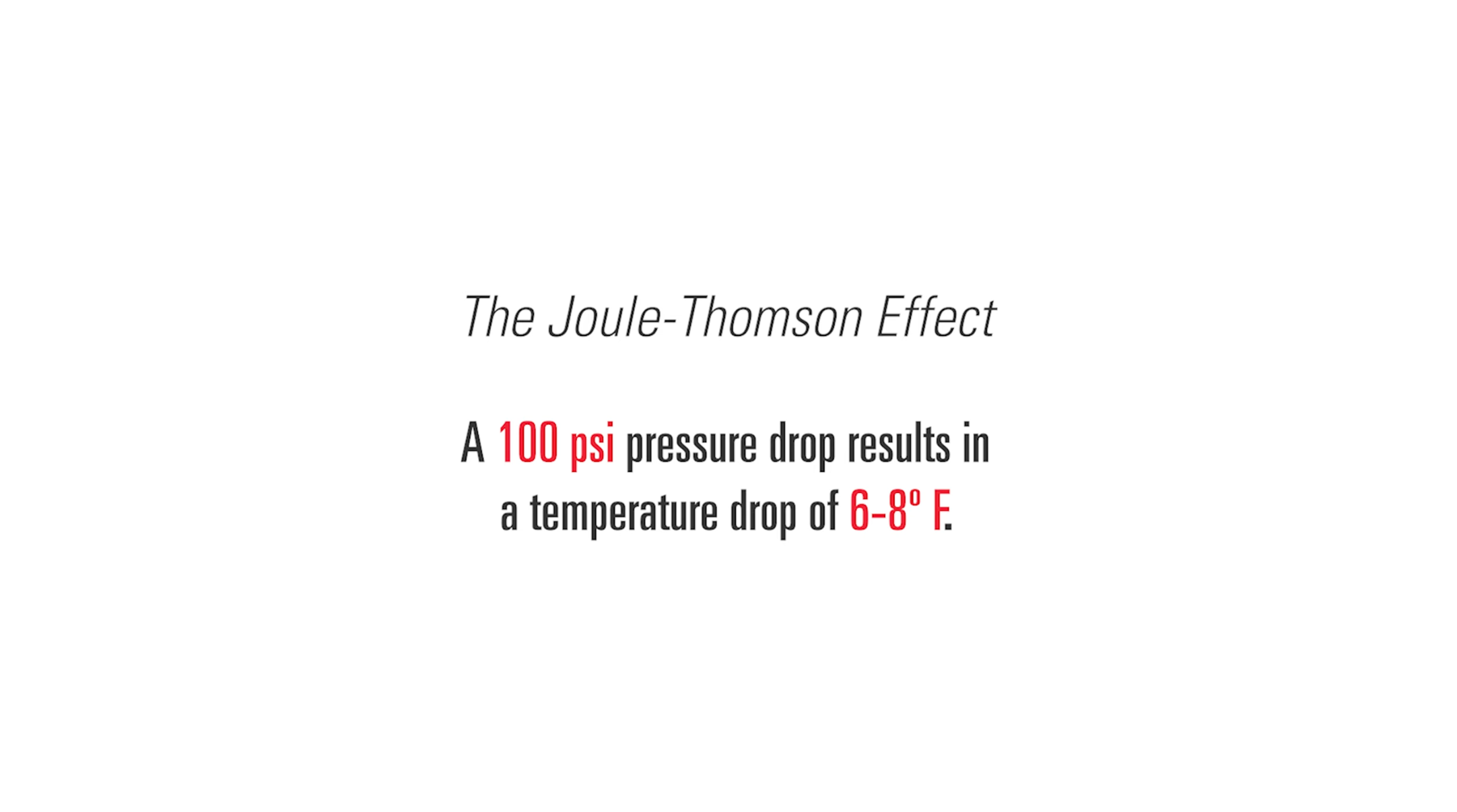
What Problem Does the JT Effect Cause in Valves?
Because all gas carries some element of moisture in it, this temperature drop can present the potential for freezing when your gas line drops below 32 degrees Fahrenheit.
For example, if you are cutting the gas pressure from 900 to 200 PSI across a pressure reducing regulator, the temperature of the gas would drop approximately 42-56 degrees when flowing across the regulator.
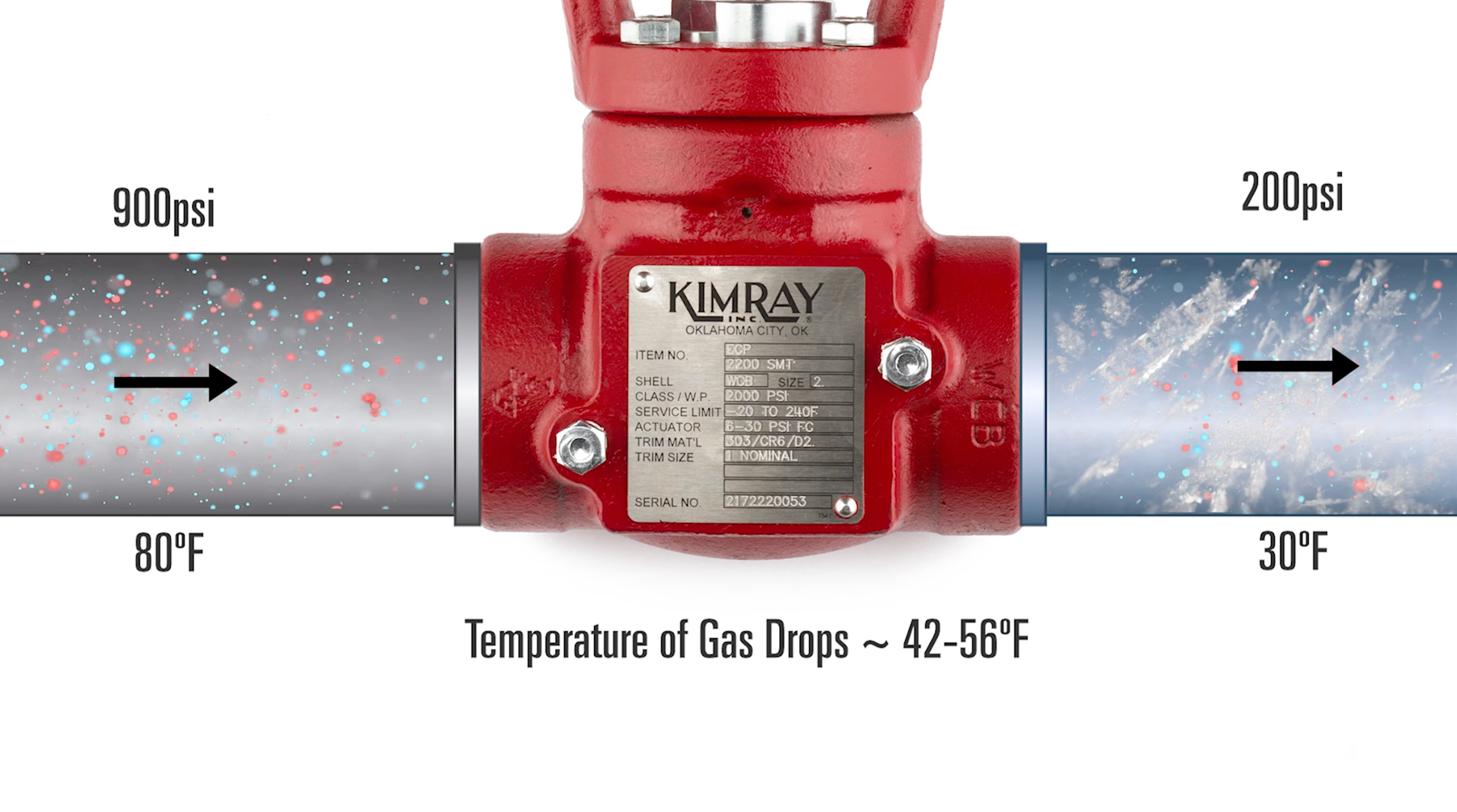
How to Prevent Freezing Valves
To prevent freezing, operators sometimes wrap insulation and heat tape around their valve. This method presents a challenge when you need to check or repair the valve.
A good alternative is a gas catalytic heater.
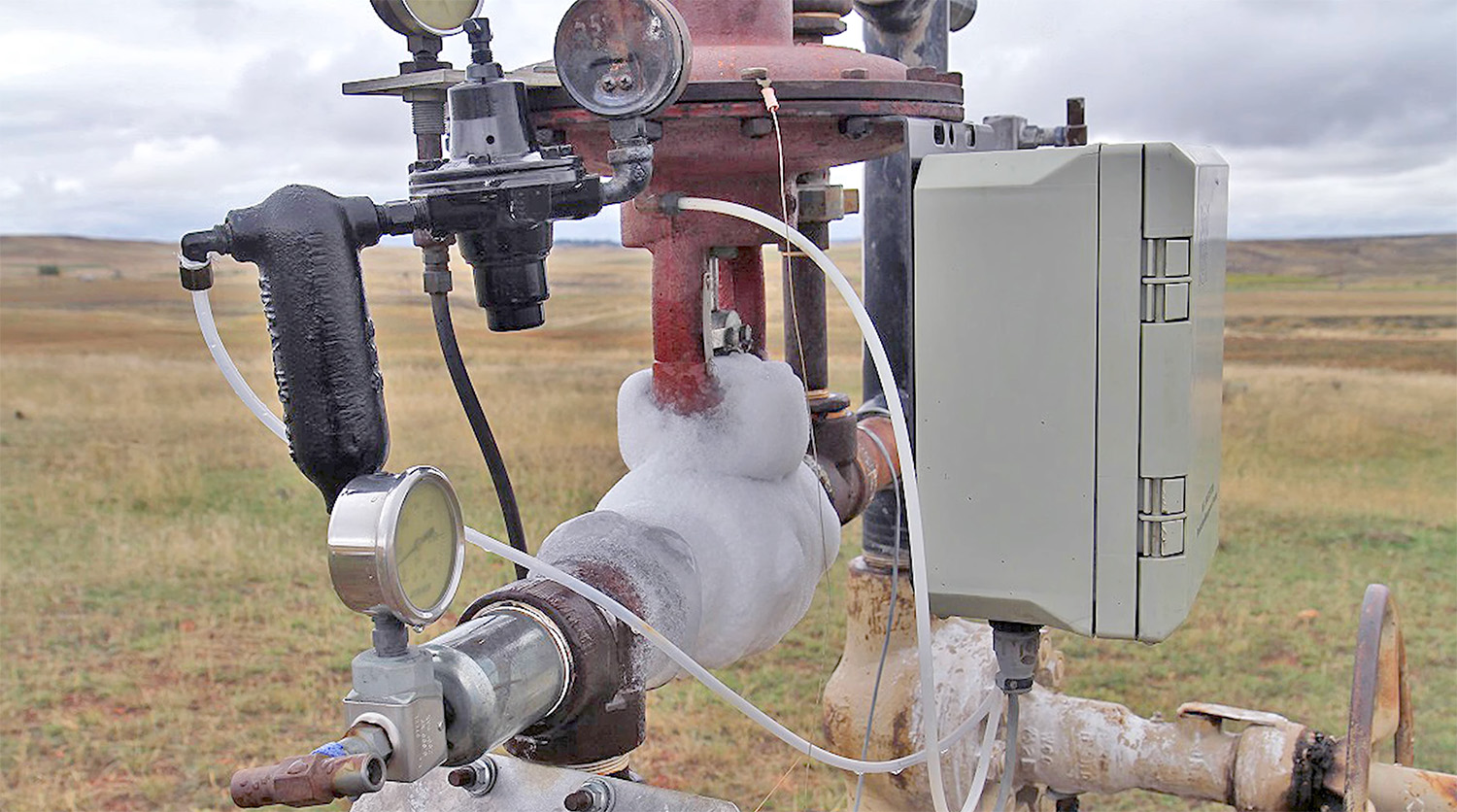
This heater uses supply gas to provide a flameless, radiant heat that keeps your valve above freezing. It features a side door that allows operators easy access for maintenance or repair. The surface of the heater reaches a maximum of 700°F and is approved for hazardous environments.

